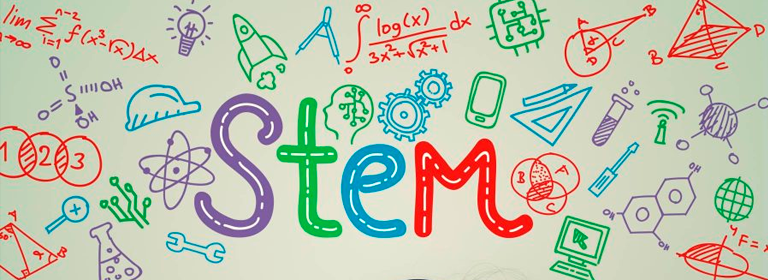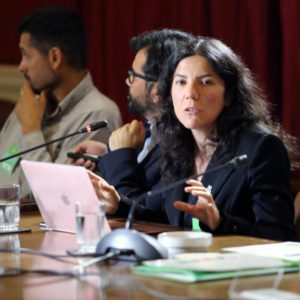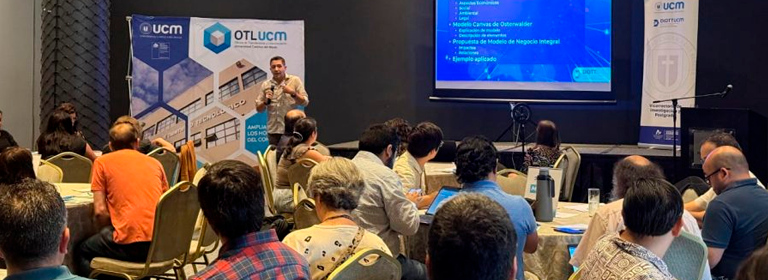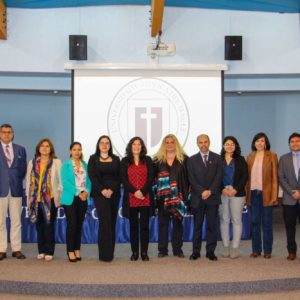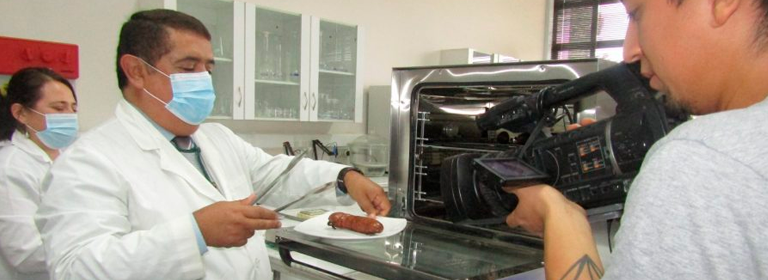The Universidad Católica del Maule presented a pioneering initiative that proposes a new form of education focused on the disciplines of science, technology, engineering, and mathematics for the solution of real-world problems.
TALCA. A team of researchers from the Universidad Católica del Maule launched an unprecedented project in the region, which seeks to install the integrated teaching of science, technology, engineering, and mathematics–known in English under the acronym STEM–in educational establishments.
«Maule STEM” is an intervention program that will train secondary school teachers to solve real problems through interdisciplinary methods and strategies, ranging from data collection and analysis to the design of technological prototypes. Six high schools in the region will participate in the initiative, funded by the National Fund for Scientific and Technological Development, Fondecyt.
«With their teachers’ knowledge, students will learn to model real-world situations, develop 2D and 3D simulations and design technological prototypes to formulate engineering proposals,» said María Aravena-Díaz, the project’s director. Aravena-Díaz, who also holds a PhD in Didactics of Mathematics, said that the initiative will address local challenges related to, for example, agricultural production, the climate crisis, water, energy, and transportation.
«We want students to understand that these problems are not solved in isolation but in an interdisciplinary way, and to experience learning in authentic situations within the local context of the Maule Region. This way they can develop skills that cut across disciplines. To this end, eight teachers will join our team, with the idea of collaboratively developing a STEM proposal in an integrated manner, and then validating it in their mathematics classroom,» he explained.
The acronym STEM was coined during the 1990s in the United States, in reference to the conglomerate of disciplines capable of offering integral solutions to local problems. The movement promotes didactic and interactive learning, as opposed to rote memorization techniques.
«In addition to modeling, students will be able to visualize their cases or proposals with the help of 3D printers that we will take to each high school,» said Marcelo Rodriguez, the project’s co-investigator and statistics expert.
«The students are very happy. We thank the university for incorporating our establishment; we have had experiences with UCM and we know that these are serious activities focused on improving the educational system», highlighted María de la Luz Tapia, principal of one of the beneficiary schools.

